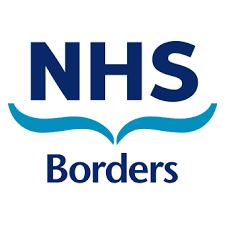Prophylaxis of Infective Endocarditis

In the past, people at risk of infective endocarditis* have been offered antibiotics when they have certain medical or dental procedures. NICE** has recommended a change in practice, so now antibiotics should only be offered if the procedure is at a site where there is a suspected infection. This is because medical and dental procedures are no longer thought to be the main cause of endocarditis, and taking antibiotics carries its own risk.
*Adults and Children with the following structural cardiac conditions are ‘at risk’ of developing infective endocarditis
- acquired valvular heart disease with stenosis or regurgitation
- valve replacement
- structural congenital heart disease, including surgically corrected or palliated structural conditions but excluding isolated atrial septal defect, fully repaired ventricular septal defect or fully repaired patent ductus arteriosus, and closure devices that are judged to be endothelialised
- hypertrophic cardiomyopathy
- previous infective endocarditis
Patient Advice
Offer people at risk of infective endocarditis clear and consistent information about prevention, including:
- the benefits and risks of antibiotic prophylaxis, and an explanation of why antibiotic prophylaxis is no longer routinely recommended
- the importance of maintaining good oral health
- symptoms that may indicate infective endocarditis and when to seek expert advice
- the risks of undergoing invasive procedures, including non-medical procedures such as body piercing or tattooing
Prophylaxis Against Infective Endocarditis
Antibiotic prophylaxis against infective endocarditis is not recommended routinely:
- to people undergoing dental procedures
- to people undergoing non-dental procedures at the following sites
- upper and lower gastrointestinal tract
- genitourinary tract; this includes urological, gynaecological and obstetric procedures and childbirth
- upper and lower respiratory tract; this includes ear, nose and throat procedures and bronchoscopy
Chlorhexidine mouthwash should not be offered as prophylaxis against infective endocarditis to people at risk of infective endocarditis undergoing dental procedures.
Infection
Any episodes of infection in people at risk of infective endocarditis should be investigated and treated promptly to reduce the risk of endocarditis developing.
If a person at risk of infective endocarditis is receiving antimicrobial therapy because they are undergoing a gastrointestinal or genitourinary procedure at a site where there is a suspected infection the person should receive an antibiotic that covers organisms that cause infective endocarditis.
** NICE clinical guideline 64 Prophylaxis against infective endocarditis March 2008 updated July 2016
https://www.nice.org.uk/guidance/cg64
